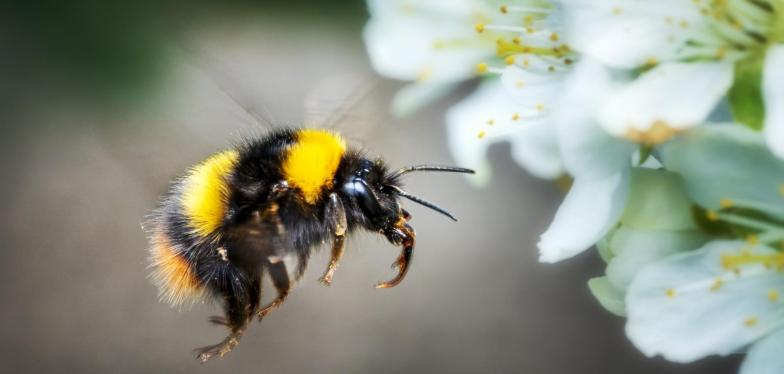Belgian scientists explain the decline in bumblebees
A group of Belgian scientists from the Universities of Brussels (ULB, VUB), Mons (UMons) and Louvain (UCLouvain, KU Leuven), have just published a study in the journal Nature dedicated to the decline of European bumblebees in the 21st century.

In a new study published in Nature, Belgian scientists quantified the past, present and future ecological suitability of the European continent for bumblebees, a group of threatened pollinators ranked among the most important contributors to agricultural production in the northern hemisphere. To do this, the researchers used a machine learning approach to train ecological niche models on over 400,000 examples of dated and geo-referenced bumblebee occurrence data.
The authors showed that recent decades have seen a decline in the wealth of bumblebee species below the 55th parallel north, and a marked reduction in the continent's ecological suitability, mainly concentrated in Central Europe. Several species currently classified as "Least Concern" are expected to show acute decreases in the spatial extent of their ecological niche under all the global change scenarios considered in the study.
While Scandinavia appears to be an ecologically favourable refuge for European bumblebees in all these scenarios, the success of such a refuge will nevertheless depend on the ability of these species to successfully colonise and maintain viable populations in these territories.
The authors conclude that further conservation measures will need to be applied in parallel with strict global policies aimed at mitigating the human impact on these pollinators that are vital to so many ecosystems.